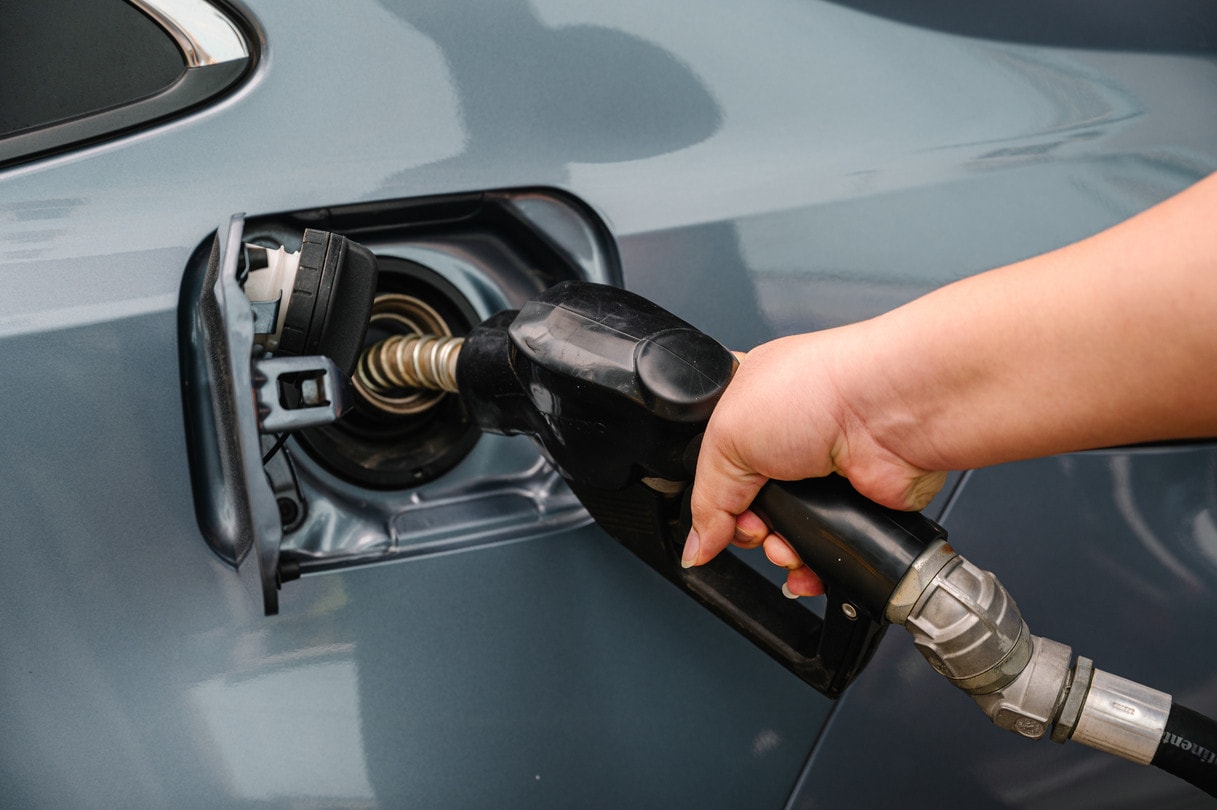Common mistakes when refueling a car can lead to insurance companies refusing to pay.
Refueling a car may seem like a simple task, but many people make mistakes that can affect their car's warranty later on – causing unnecessary damage that insurance companies will not be responsible for.

Callum Butler, an insurance agent at ALA, shared: "Many car owners have a habit of leaving the engine running while refueling, which is quite dangerous." Butler further explained that refueling while the engine is running can easily disrupt the fuel intake process and cause the ignition system to malfunction. The insurance agent also advised car owners to completely turn off the engine and wait for the temperature to cool down before refueling.
Waiting for the engine to cool down will also help minimize the risk of fuel vapor ignition, which can cause fires and explosions.
Furthermore, Butler also warned car owners to use the type of fuel recommended by the manufacturer. Using substandard fuel can cause the engine to malfunction, and the manufacturer will not cover internal engine damage under warranty. Similarly in Vietnam, most car manufacturers always recommend that users use the correct, standard fuel. For example, Ford specifically recommends using RON 95-V gasoline for its Ford Territory and Explorer models to ensure warranty coverage and engine longevity.
Typically, auto insurance companies follow the manufacturer's regulations and guidelines when applying them to insurance policies. Therefore, car owners need to pay attention to and comply with the manufacturer's regulations to avoid being denied liability by the insurance company.
Besides turning off the engine when refueling, Butler also advises: "You should ensure the engine is off when performing certain maintenance checks such as oil changes, engine repairs, etc., to avoid unnecessary damage and hazards." Furthermore, users should not use detergents to clean the engine because the excessively high temperature of the engine will cause water vapor to evaporate, leading to chemical reactions that can be dangerous to people and damage engine components.



